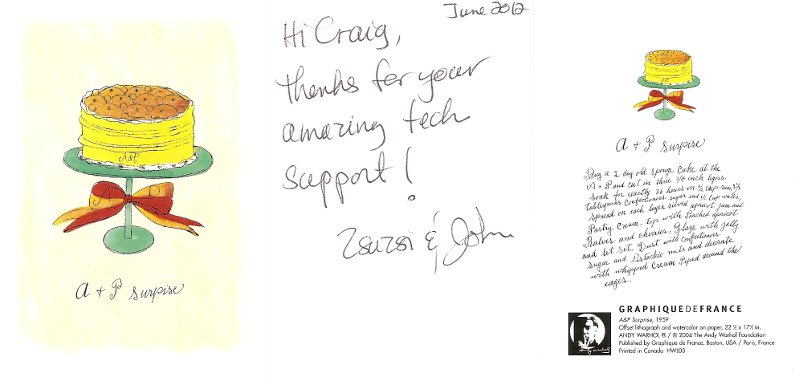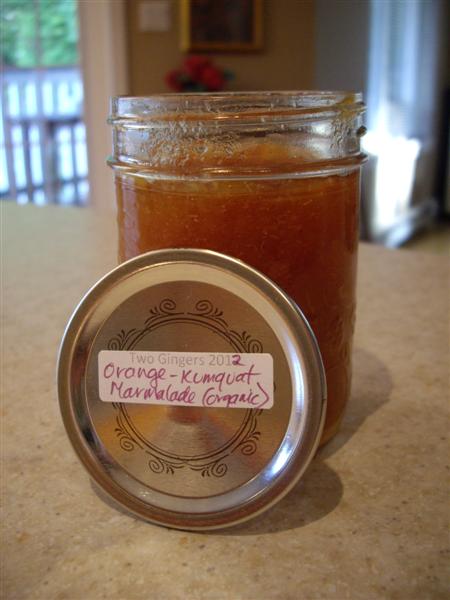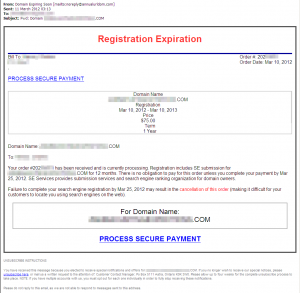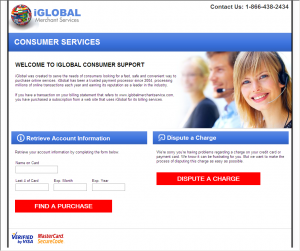Over the years we have resisted the temptation to block whole countries based on the bad behaviour of only a few of their residents. Many mail servers out there block email from all of China, roughly 20% of the world’s population! We do not.
However, due to a constant onslaught from determined spammers in Senegal, we have blocked all IP addresses assigned to that country. We hope to remove the block after some time, but we cannot predict when that might come to pass.
These are the IP address ranges that we have blocked:
31.201.2.0 - 31.201.2.3 37.59.137.240 - 37.59.137.255 37.222.209.0 - 37.222.209.255 41.62.0.0 - 41.62.255.255 41.82.0.0 - 41.83.255.255 41.208.128.0 - 41.208.191.255 41.214.0.0 - 41.214.127.255 41.219.0.0 - 41.219.63.255 46.36.197.111 - 46.36.197.120 64.182.63.133 - 64.182.63.141 69.13.133.138 - 69.13.133.146 69.13.190.244 - 69.13.190.252 80.84.25.48 - 80.84.25.63 82.206.180.0 - 82.206.180.255 82.206.198.128 - 82.206.198.255 92.39.112.0 - 92.39.112.127 178.32.167.96 - 178.32.167.111 193.220.57.104 - 193.220.57.111 193.220.72.224 - 193.220.72.231 193.220.72.248 - 193.220.72.255 194.117.53.0 - 194.117.53.127 196.1.92.0 - 196.1.100.255 196.207.192.0 - 196.207.255.255 208.68.251.0 - 208.68.251.255 213.154.64.0 - 213.154.95.255 216.139.166.0 - 216.139.166.255
If this adversely affects you in any way, please contact NinerNet support with details. Thank-you



